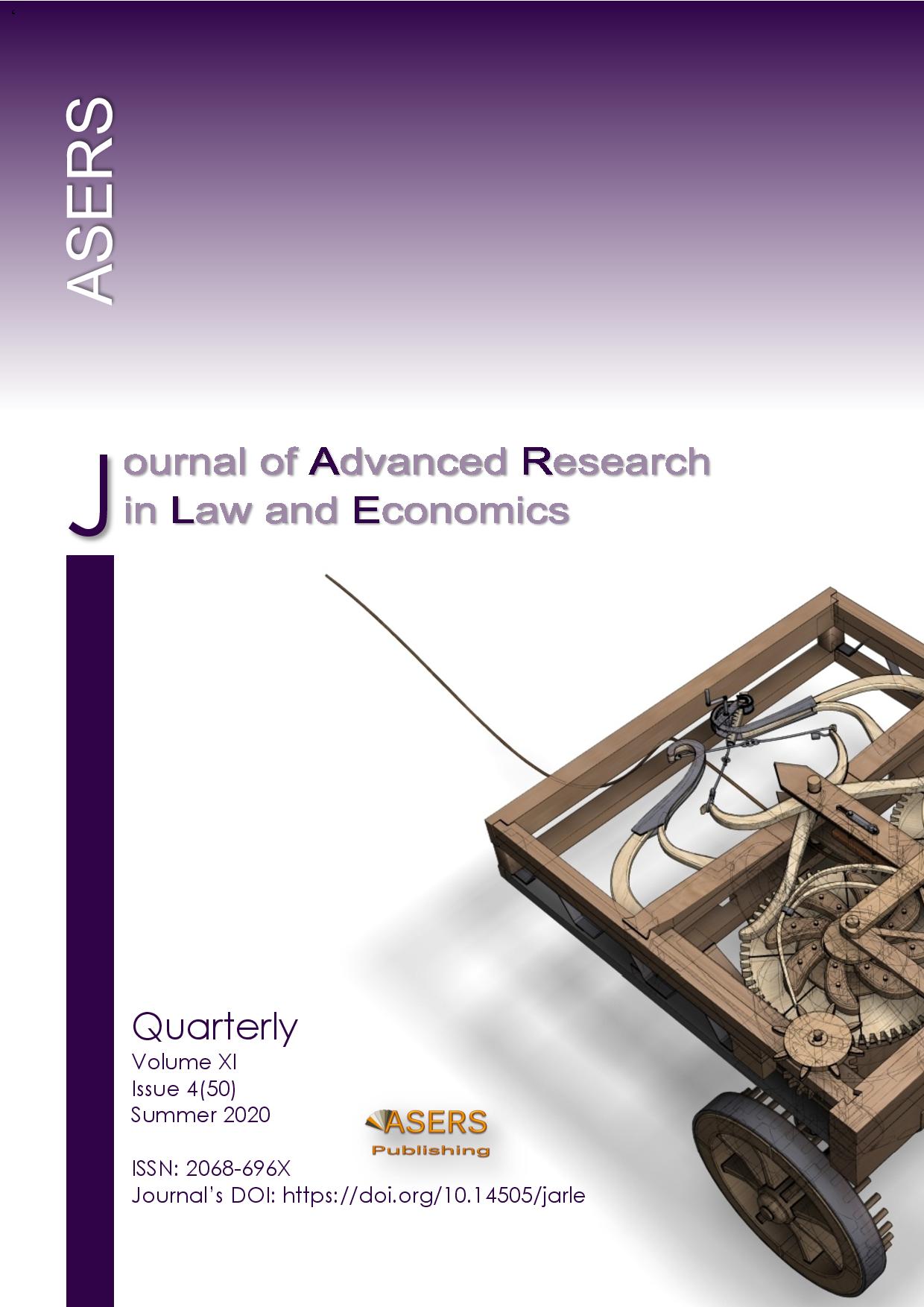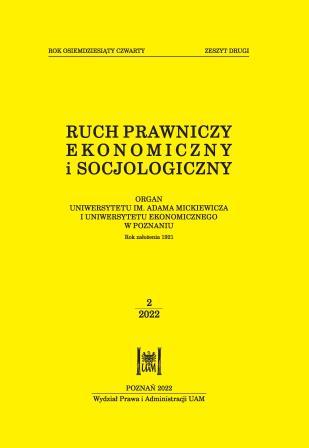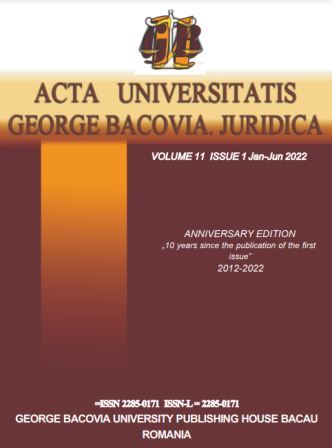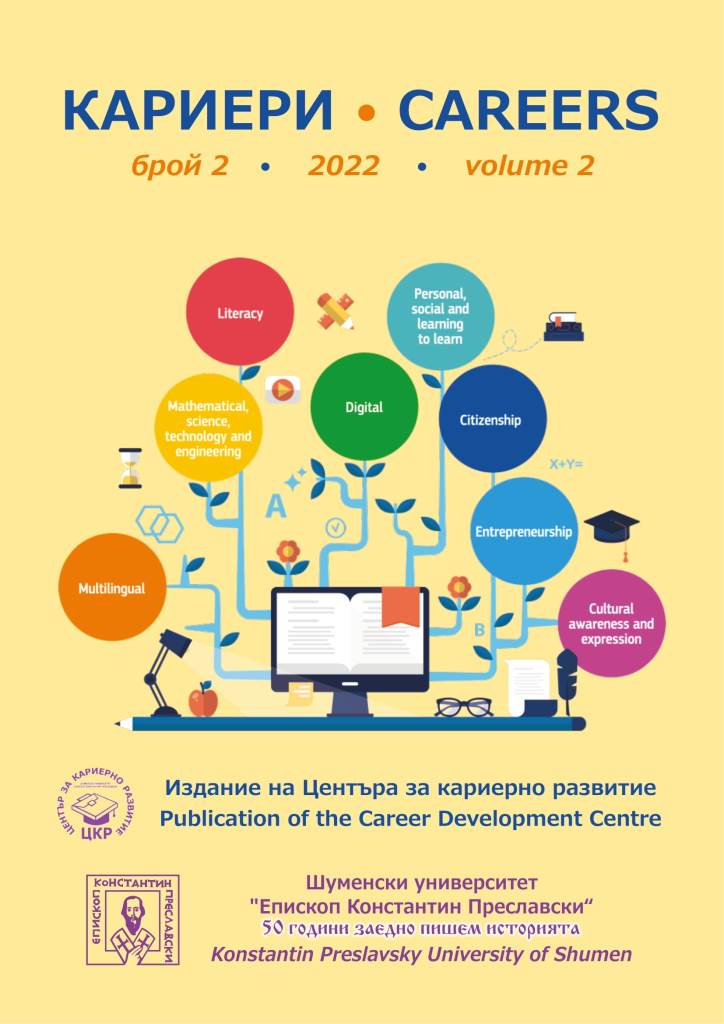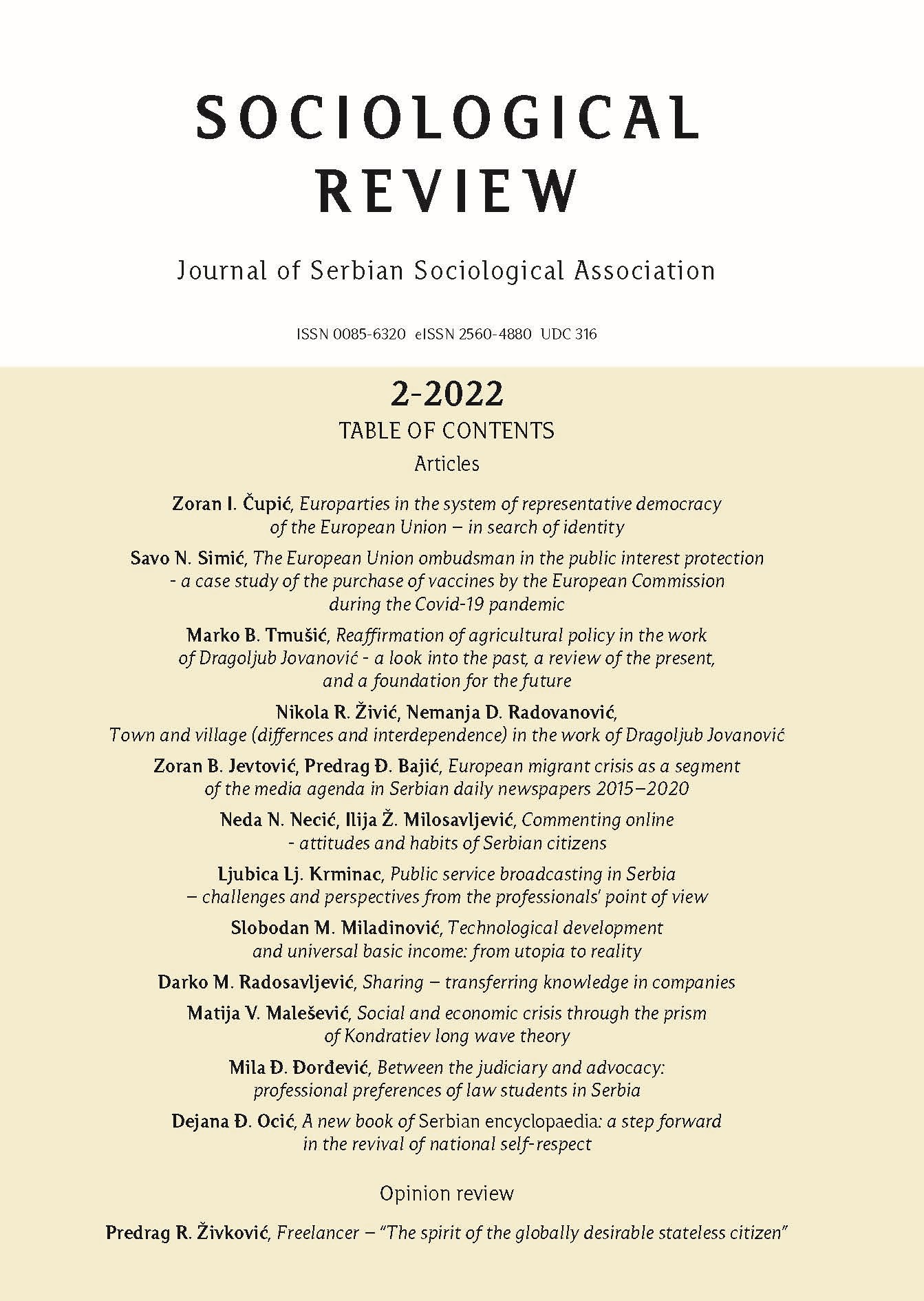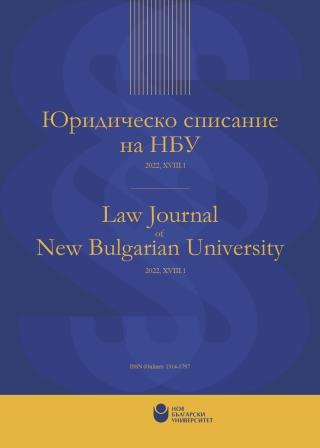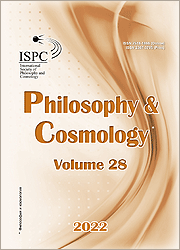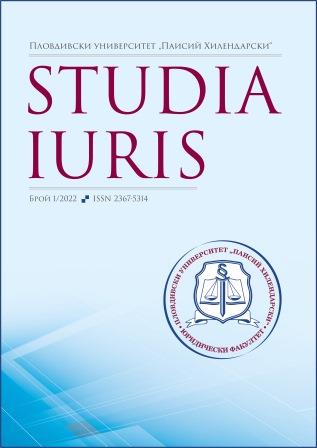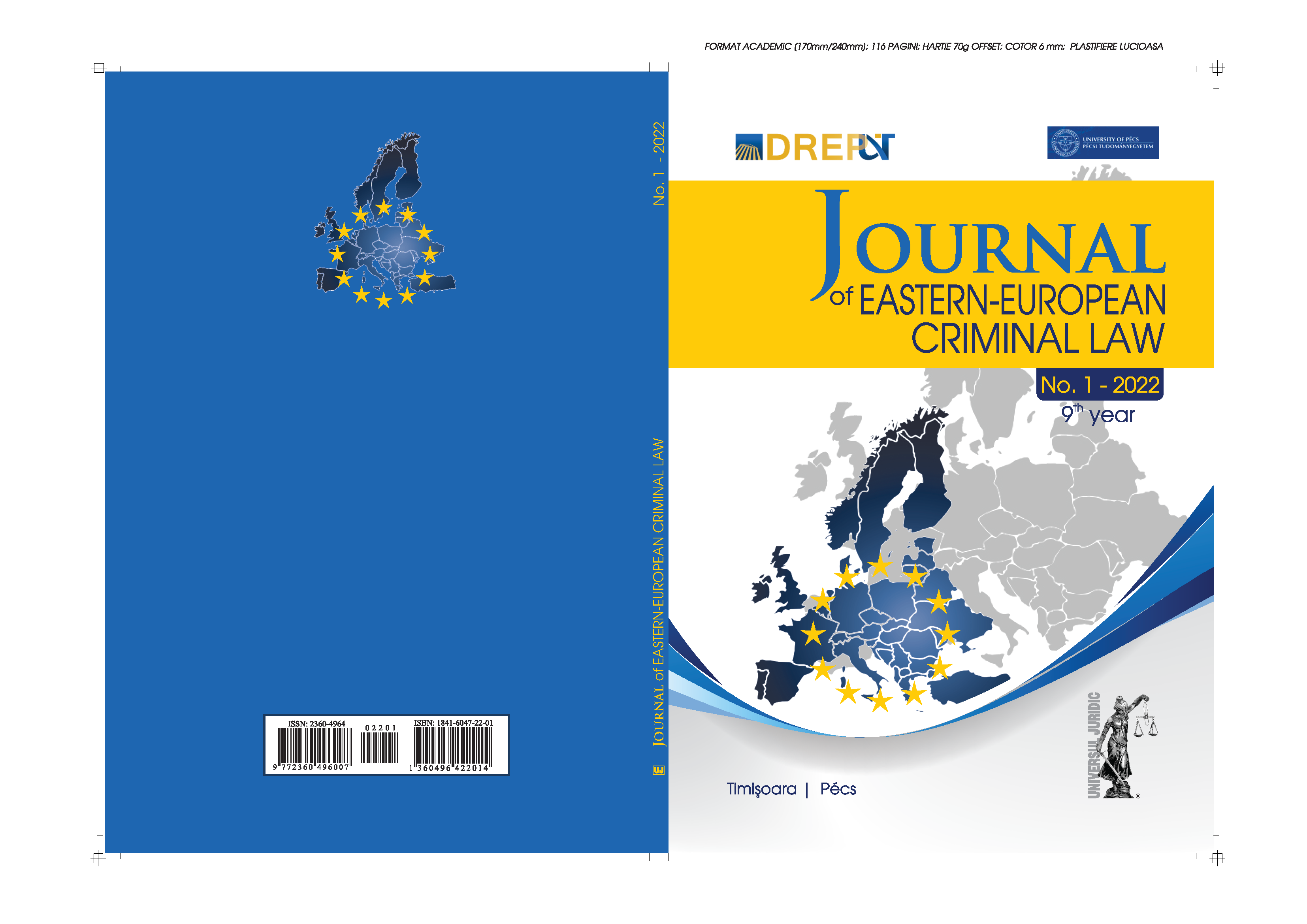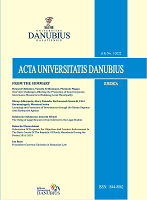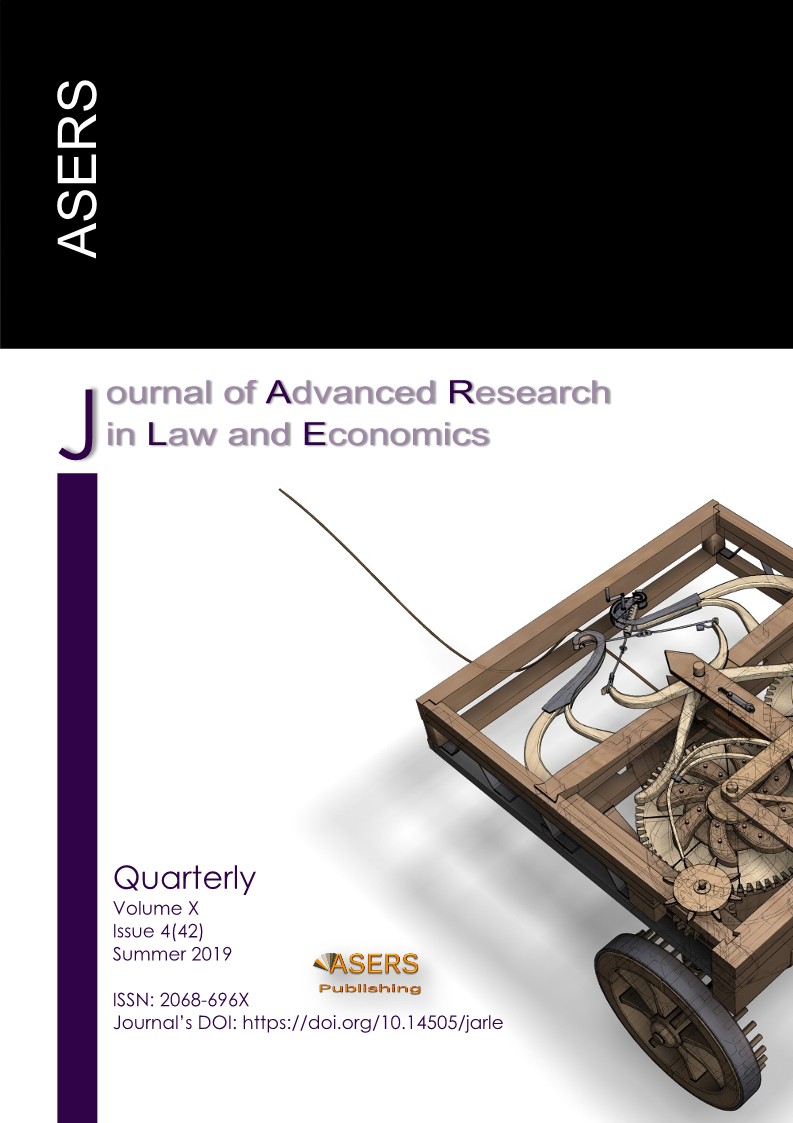
Standardization of the Involvement of Relatives in Public Service: Fighting Corruption or Interfering with Privacy?
The search of effective ways of preventing corruption in all its manifestations in the public service should be directly related to the in-depth study and formation of common standards of legal regulation of ‘involvement’ of close persons of public servants in his professional activity, the special nature of personal relations which creates preconditions for possible use (as well as his or her relatives) of public service for his private interests. The purpose of the work is to highlight the problematic aspects of the legal regulation of the principles of ‘involvement’ of close persons in public service relations and to formulate proposals for the formation of uniform standards for the regulation of such relations. The research methodology of this article is a combination of general scientific and specific methods of scientific knowledge. The dialectical method was chosen as the basic method, and the methods of semantic analysis, logical-legal and comparative-legal, forecasting, modeling were additionally used. Justifying the different degree of ‘attachment’ of close persons to the professional activity of a public servant to find out the possible prerequisites and manifestations of the use of the latter benefits and advantages of the public service to satisfy private interests, it is proposed to regulate the relations of lifestyle monitoring, full verification of the finance declaration with taking into his or her family, and ‘gift’ relationships of relatives, normalizing patterns of their possible behavior.
More...
